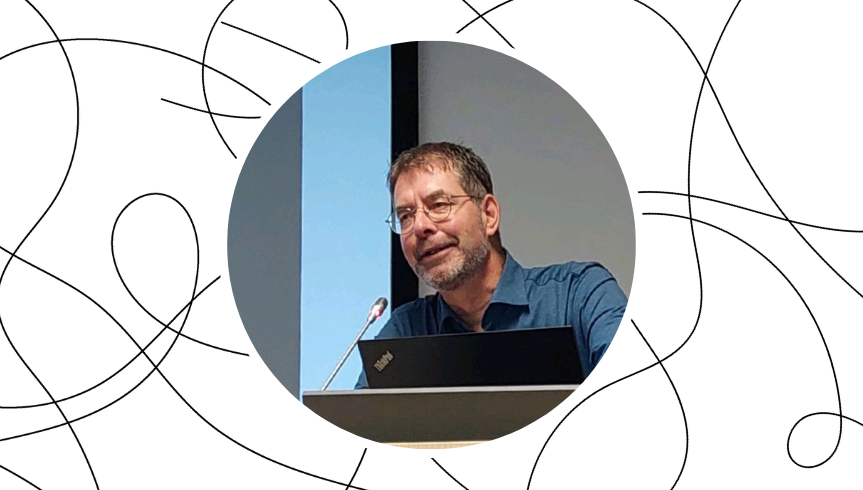Voices of AgEnRes - Interview with John Helming (Project coordinator)
Welcome to our
new blog series where we dive deep into the heart of AgEnRes by interviewing our esteemed Work Package Leaders. But
first, let's understand what a Work Package (WP) is.

In a large research project like AgEnRes, Work Packages are like building blocks, each focusing on specific tasks and objectives crucial to achieving our overall goals. Led by expert researchers, these packages streamline our efforts, ensuring efficiency and coherence across the project.
To kick off our series, we're thrilled to feature Dr. John Helming, the coordinator and Senior Researcher at Wageningen Economic Research. John leads three critical Work Packages:
- WP 8 - Validation and policy evaluation
- WP 10 - Project management and coordination
- WP 11 - Ethics requirements
Let's hear what John has to say!
Interviewer:
Can you briefly introduce your organization and its role in Agenres?
John:
My name is John Helming, and I'm from Wageningen Economic Research. We serve as the coordinator of AgEnRes, responsible for overseeing all deliverables, financial reporting, and organising project meetings.
Interviewer:
What are the main challenges you foresee in achieving the project goals, and how do you plan to address them?
John:
Yesterday we had the first day of the kick-off meeting and, there, it was quite clear that one of the challenges is to come up with a set of technologies that farmers can apply to increase energy use efficiently.
Of course, we can think of many technologies to tackle this issue, and another challenge for us is to make a list of the most promising ones, which will be further researched in the project. We will especially look at needed investments and short and long-term economic and environmental impacts at farm level and interactions within regions and markets.
Interviewer:
How do you see the outcomes of this project
benefiting farmers and agricultural communities?
John:
I hope that we can define a set of technologies and price management tools for short-term price volatility insurance that can be picked up by farmers to increase their energy independence.
It's really a matter of developing models and tools that give integrated insights into the energy-saving potential and costs of the technologies. This would help farmers in making investment decisions. For the short term, we will develop financial tools like price risk management instruments, to limit impacts of energy price volatility on the financial situation of farmers.
Interviewer:
Are there any exciting developments or milestones you're looking forward to?
John:
Many! For instance, the development of the dataset of these new technologies. But before that, I'm really excited to create this list of renewable fertiliser technologies and price risk management instruments, which would mark the first milestone for the project.
This would really help us further explore the potentials, costs, and impacts on the farm at regional and national level using different databases and modelling frameworks.
Interviewer:
Finally, what message would you like to convey to stakeholders or the community about the project's importance?
John:
Well, energy consumption and fertilisation constitute a significant portion of farming expenses. The unpredictability of fertiliser and energy prices significantly influences farmers' investment decisions and the overall investment in food production.
My hope is that through our efforts, we can not only assist farmers but also consumers in achieving more consistent pricing and stable food production. Ultimately, this should also lead to increased income for farmers.
Join the conversation and keep an eye out for the next posts on Voices of AgEnRes!
-
LinkedIn: @AgEnRes
-
X (Formerly known as Twitter): @AgenresEU
-
YouTube: @AgenresEU

